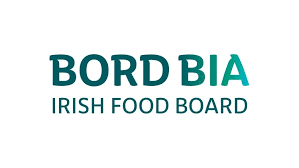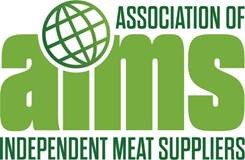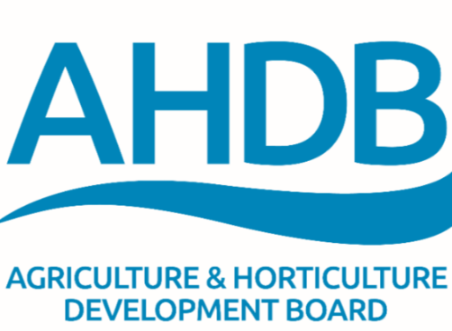Irish Sheep Trade & Prices Update: Improvements in Lamb Quotes
Quotes
Base quotes for lambs from the major processors have improved slightly this week with €7.00-7.05/kg (+QA bonus) on offer. Relatively tight lamb supplies combined with some stability in demand from the domestic and export markets have contributed to this firming of the trade.
The latest sheep population statistics point towards a decline in sheepmeat availability in key sheep producing regions of the EU in the final quarter of 2024. Contractions in breeding ewe numbers combined with some disease issues, particularly the spread of blue tongue, have further depleted supplies for processing across the continent and created firm demand for those available.
Prices
Last weeks reported deadweight price firmed to €7.19/kg, back 21c/kg from the week previous and reflective of some increase in the supply of lambs coming forward for processing. In the corresponding week in 2023 the reported deadweight price was €6.17/kg.
The deadweight trade has shown mixed fortunes across the UK regions. Reported lamb prices in mainland GB were the equivalent of €7.46/kg last week (-21c/kg) with some improvement in lamb supplies for processing contributing to this decline.
Meanwhile in Northern Ireland the trade has held steady with a reported price unchanged at 700c/kg. Relatively tight supplies of lamb for slaughter in Northern Ireland combined with competition from the live export trade to both mainland GB and ROI have contributed to this stability in the trade.
Southern Hemisphere prices remain well below European prices however they have improved significantly over the last few weeks, narrowing the price differential with the EU. With a lead time on product shipments this recent improvement in deadweight prices should impact their competitiveness on EU markets in the medium to longer term.
Demand for Southern Hemisphere lamb in China has remained somewhat subdued in recent months however reports of stable demand in the Middle East and the US has helped redivert product away from key European markets.
Throughput
Total sheep throughput has held relatively consistent over the last four weeks, running just below the 60K mark. This is consistently below the throughput in the corresponding weeks last year and is reflective of the ongoing tighter supply situation. With relatively good demand from customers in key markets it has created firm demand for suitable lambs.


